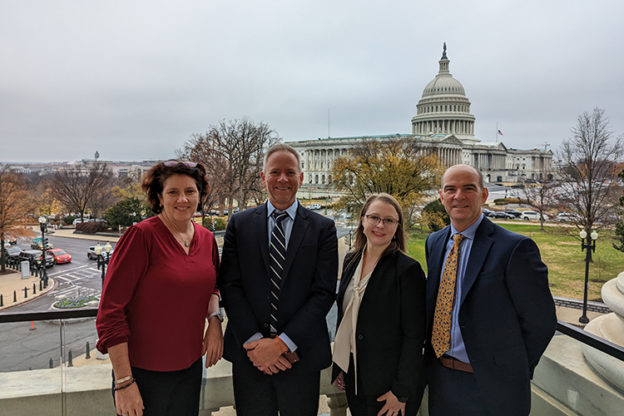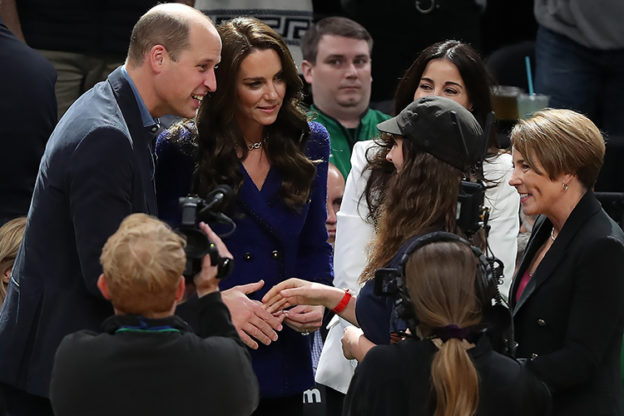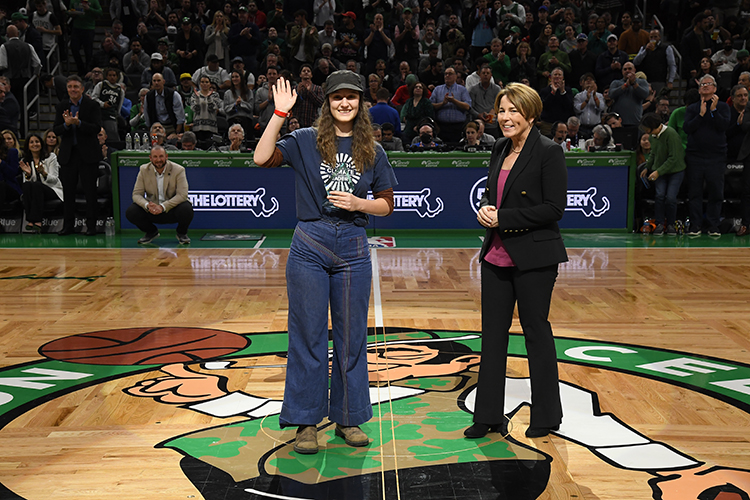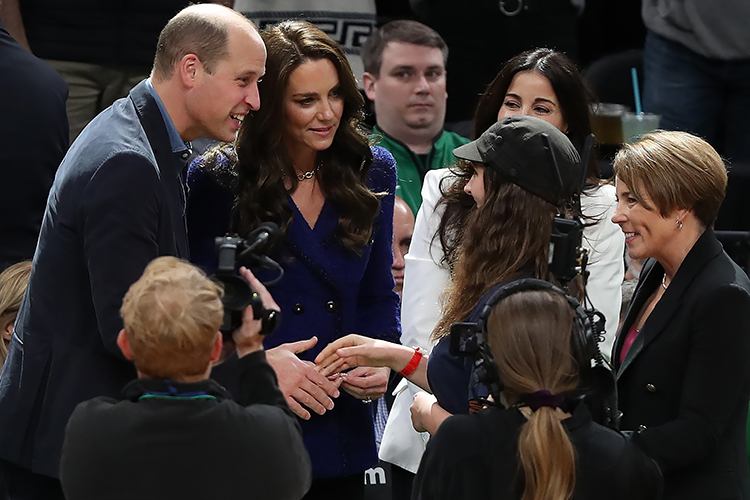During the week of December 5, Mass Audubon President David O’Neill and team visited Washington, D.C. to meet with Federal leaders about policies and funding opportunities to advance Mass Audubon’s nature and climate objectives.
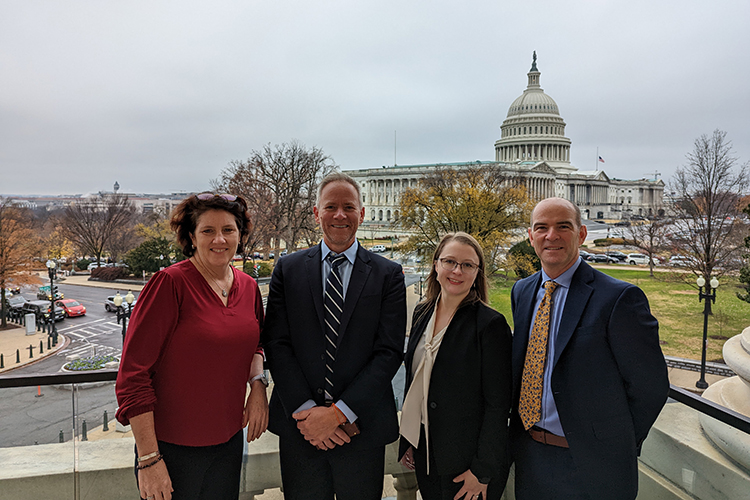
During meetings with members of the Massachusetts Congressional Delegation and their staff, and officials with the National Oceanic and Atmospheric Administration (NOAA) and Department of Interior (DOI), Mass Audubon thanked them for their support, encouraged their leadership on specific pieces of legislation, and explored ways to drive new resources to Action Agenda priorities.
Topics Discussed
Some of the specific topics discussed included:
- Recovering America’s Wildlife Act (RAWA), which passed the House in the summer of 2022. The bill provides financial and technical assistance to states, territories, and DC for recovering species listed as threatened or endangered species under the Endangered Species Act or state law. Additionally, the funds would also support efforts to keep species from needing to be listed in the first place. For Massachusetts, RAWA would provide the Massachusetts Division of Fisheries and Wildlife with $14 million annually to help 570 species in need through habitat restoration, species reintroduction, and research.
- Inflation Reduction Act (IRA), which also passed U.S. Congress this summer, including $370 billion for climate and clean energy measures. In Massachusetts, the IRA’s funding will be a vital complement to the state’s ambitious goals to achieve net-zero by 2050.

The team met directly with Rep. McGovern, Rep. Keating, Rep. Trahan, and met with staff from Rep. Clark and Rep. Neal’s offices. RAWA was a topic of particular interest, because while the bill passed the House in the summer, it has not yet been passed in both chambers. Our hope is that an Omnibus Federal Funding Bill will be passed in the next few weeks and that it includes RAWA.
In addition to seeking continued support for RAWA, the Mass Audubon team sought support for the 17-acre Forbes project in Chelsea. The vision for the Forbes property is to create more than 12 acres of greenspace accessible to the surrounding under-resourced communities, build affordable housing units on the site, and to provide nature-based educational programming. Mass Audubon, in partnership with local organizations GreenRoots and The Neighborhood Developers, and the City of Chelsea, is committed to making this project a reality for the residents of Chelsea. While Chelsea is not in the districts of the Reps. that the team met with, every Rep. expressed their support for the project and committed to signing a joint letter that will be sent to DOI, NOAA and the U.S. Department of Housing and Urban Development.
Lastly, a conversation with Rep. McGovern brought up the opportunity for small towns in rural Massachusetts to work together and to promote working lands and recreational opportunities potentially supported by funding that is available as a result of the passage of IRA.
Get Involved
Our advocacy will not stop here and we need your help. You can advocate for nature and climate solutions by becoming a Climate Champion.


